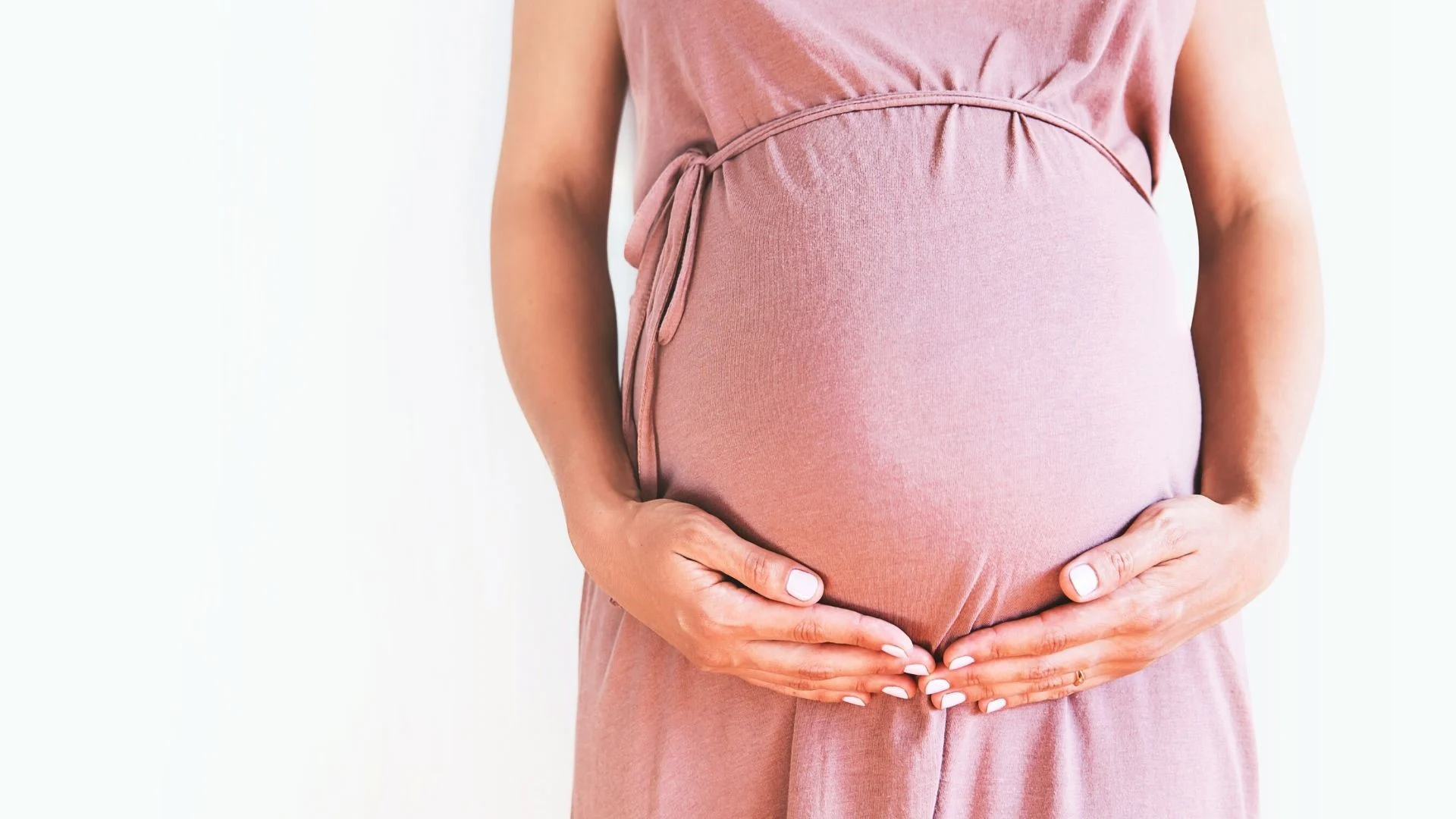In recent years, there has been a significant increase in whooping cough (pertussis) cases across the United States. While some attribute this rise to the anti-vaccination movement, research suggests that the waning effectiveness of the DTaP vaccine—administered to children since the mid-1990s—might be a major factor. Specifically, the vaccine’s protection diminishes sooner than anticipated, particularly after the last booster given to children between 4 to 6 years old.
It’s essential to understand that whooping cough is a serious illness, far more than just an annoying cough. The Centers for Disease Control and Prevention (CDC) reports that during the illness’s second stage, individuals may experience intense coughing fits, characterized by the distinctive “whooping” sound, lasting over ten weeks. These fits can lead to vomiting and extreme fatigue.
The situation is critical for newborns, especially those under two months old, who are too young to receive their first DTaP vaccination. Annually, between 10,000 and 50,000 cases of whooping cough are reported, resulting in numerous hospitalizations, particularly among infants and young children. Tragically, around 10 to 20 infants succumb to this illness each year. The harrowing image of a baby struggling for breath on a ventilator is enough to underscore the severity of whooping cough. For instance, the story of baby Mia, whose mother shared her distressing experience with whooping cough at just six weeks old, serves as a poignant reminder of the disease’s dangers and the urgent need for vaccination.
Fortunately, there’s a proactive measure that expecting mothers can take to protect their infants. Since 2013, the CDC has advised that all pregnant women receive a Tdap booster during their pregnancy, ideally between the 27th and 36th week. This timing allows the mother’s body to generate antibodies that can be transferred to the baby, enhancing their protection against whooping cough.
The CDC emphasizes the importance of receiving the booster with every pregnancy, regardless of the intervals between them. Previously, the recommendation was to get vaccinated after childbirth to prevent passing the disease to the newborn; however, studies now indicate that vaccination during pregnancy offers better protection for the baby, as it takes several weeks for the mother to achieve full immunity from the shot.
Given that infants won’t receive their initial DTaP vaccination until they are two months old, timely maternal vaccination is crucial. Research from the Kaiser Permanente Vaccine Study Center reveals that babies whose mothers received the Tdap booster during pregnancy are 91% less likely to contract whooping cough in their first two months of life, the period when they are most vulnerable. Additionally, these infants were found to be 69% less likely to develop whooping cough in their first year.
Dr. Thompson, one of the researchers involved, stated, “Maternal Tdap administered during pregnancy was highly effective at protecting infants against pertussis prior to their first dose of DTaP. Through the first year of life, maternal Tdap continued to provide protection without interfering with DTaP.” This is reassuring evidence for parents seeking ways to safeguard their newborns.
While the thought of receiving a vaccination during pregnancy may cause some apprehension, it’s crucial to recognize that the Tdap booster is both safe and effective. For those who may have hesitations, the life-saving benefits for infants should take precedence.
In fact, even if you’re not currently planning a pregnancy, it’s wise to consult your healthcare provider about whether a Tdap booster is appropriate for you. This can help protect not only your children but also the most vulnerable among us—newborns who deserve to be shielded from preventable illnesses.
For more insights on how to navigate pregnancy and infant care, visit our insightful posts, including this one about home insemination kits. Additionally, for detailed information on donor insemination, check out this resource, and explore Cryobaby for authoritative insights on home insemination.
In summary, getting the whooping cough booster during pregnancy is a critical step for expectant mothers to protect their newborns from a serious and potentially life-threatening illness. With evidence supporting its efficacy, mothers should prioritize this vaccination to ensure their infants are safeguarded during the most vulnerable stages of life.

Leave a Reply